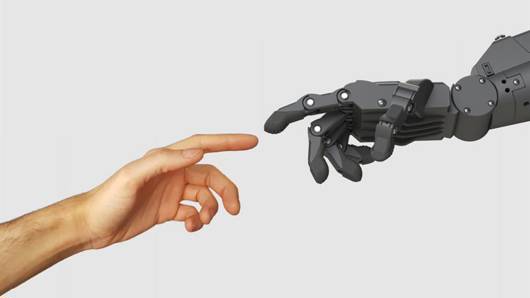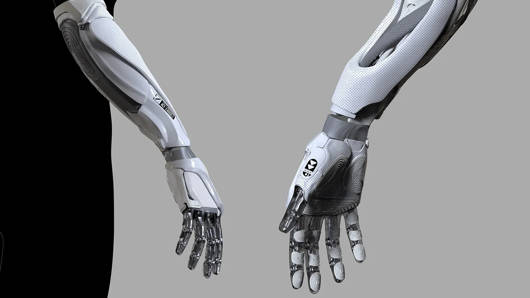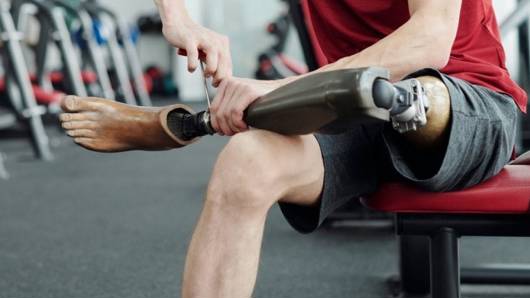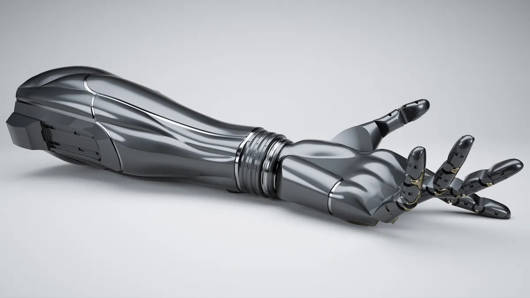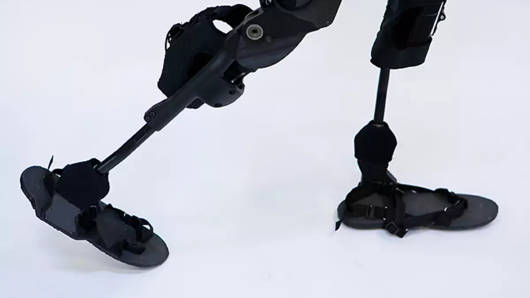Since the beginning of the full-scale war in Ukraine, the need for prosthetics for soldiers and civilians has grown significantly. The Saving Lives Humanitarian Initiative, implemented by Metinvest Group in coordination with the Rinat Akhmetov Foundation, is helping people to regain their full lives. Currently, 28 casualties are receiving prosthetics and treatment at various stages.
Many hundreds of soldiers and civilians are injured in wartime, often leading to the amputations of limbs. To ensure that as many Ukrainians as possible receive high-quality prosthetics services, the Saving Lives Humanitarian Initiative has introduced a new area of work. To accomplish this, a memorandum of cooperation was signed at the end of last year with the Protez Hub project to support the use of prosthetics in Ukraine.
FACT
Protez Hub has been operating in Ukraine since 2015, attracting experts from the US, UK, Canada, Australia, and European countries, in partnership with international and Ukrainian foundations, companies and others.
As part of this cooperation, the partners undertake a great deal of work on organisational and documentary issues to provide prosthetics for those who have been injured. The programme includes preparation for adopting prosthetics, the installation of prostheses and follow-up in Ukrainian clinics, as well as physical and psychological rehabilitation. Currently, 28 Ukrainians are being provided with aid. Applications for more than 50 people are being processed. The initiative includes Metinvest employees and their families, military personnel, and civilians in the regions where the Group operates.
Got into the programme and received help
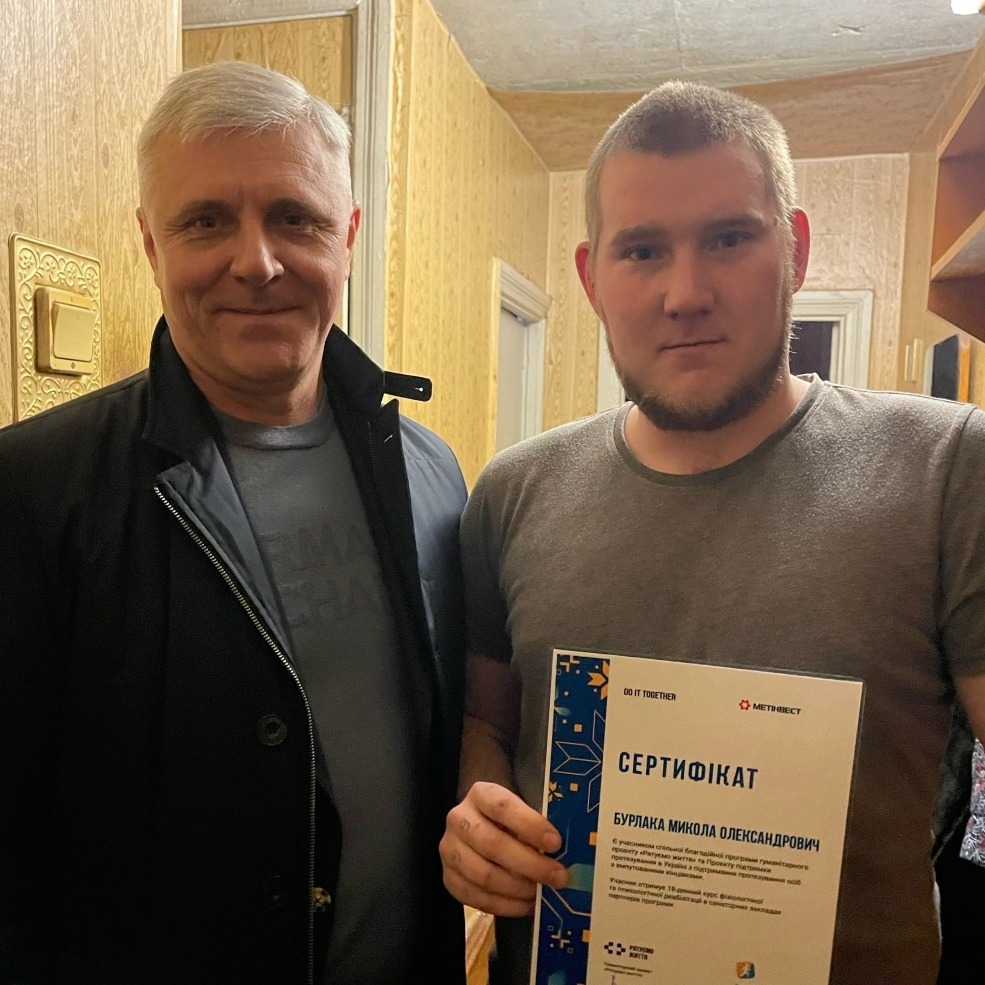
Микола Бурлака (праворуч)
One of the participants in the joint prosthetics programme arranged by Saving Lives and Protez Hub is 23-year-old Mykola Burlaka. The man lost his arm as a result of enemy shelling near the Azovstal steelworks, where he worked as a repairman. After the amputation of the limb in a Donetsk hospital and enduring a long captivity, Mykola managed to return to Ukrainian-controlled territory. With the support of Metinvest, this Mariupol resident is getting ready for a prosthetic, in anticipation of which he will undergo an 18-day rehabilitation programme in Morshyn.
Dmytro Kulinich, from Kryvyi Rih, who defended Ukraine in Donetsk region, will also have the opportunity to get back on his feet. During combat operations, the soldier was wounded in the leg, leading to the amputation of his right shin. Dmytro was waiting for a prosthetic under the state programme for four months. The Saving Lives and Protez Hub specialists were able to help much more quickly. They found the man themselves and offered help.
To become a participant of the charitable prosthetics initiative, you can call the helpline of the Saving Lives Humanitarian Initiative.
FIGURE
Currently, 28 injured Ukrainians are receiving prosthetics and treatment at various stages.
Another area of cooperation between Saving Lives and Protez Hub is the creation of a Ukrainian-language online educational platform for experts in the field of limb prosthetics and related rehabilitation services. The project team is currently preparing video training lectures, and the platform itself is scheduled for launch in February 2023.
Notably, Saving Lives is one of Ukraine’s greatest humanitarian initiatives. In addition to prosthetics, the project provides help with psychological rehabilitation, education, and the reintegration of women and children impacted by the war. In particular, 140 women and children have already received aid through the Unbreakable Mum programme developed jointly with the Masha Foundation.
In addition, under the conditions of a full-scale war, Saving Lives provides Ukrainians with food, hygiene products and other essential items and supports social and cultural events. A total of around 400,000 people have received support from Metinvest and the Rinat Akhmetov Foundation.






